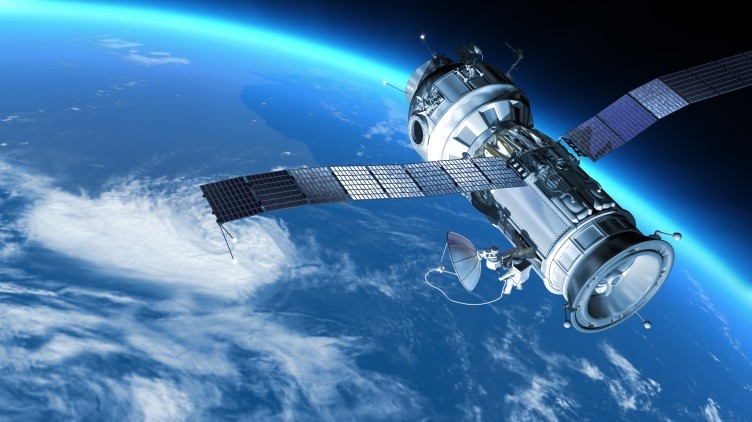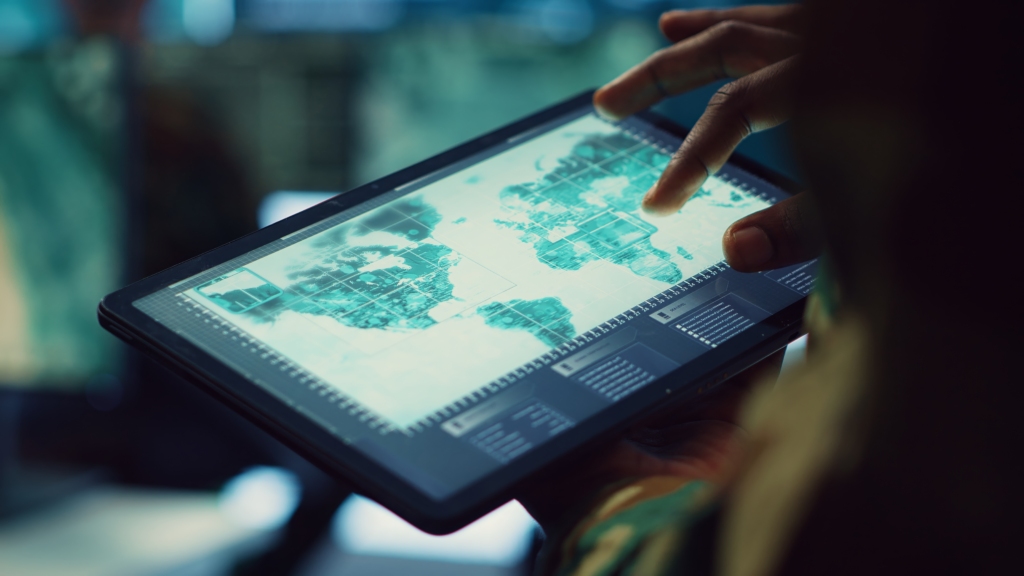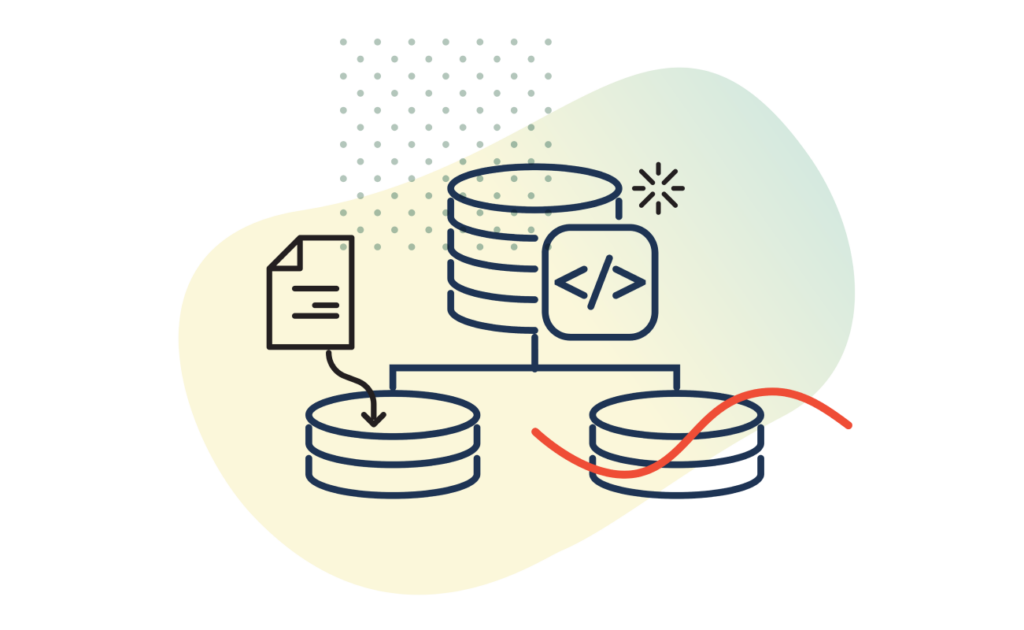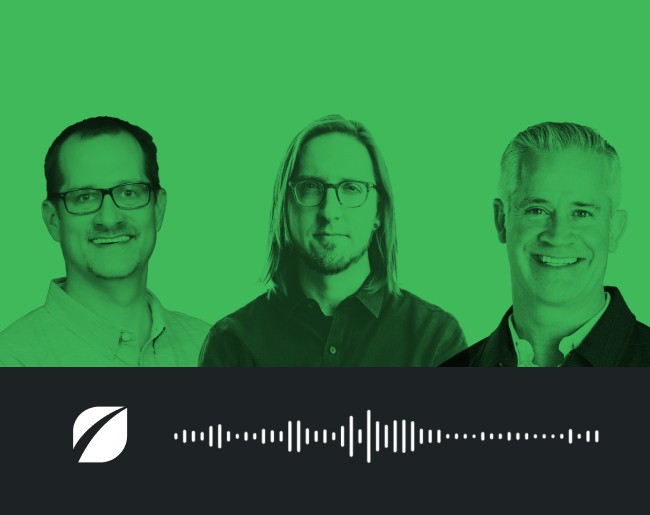Article
Everyday opportunities in the space economy

At first glance, voyages into space would seem to be the exact opposite of convergence.
- Divergence—people and payloads moving apart from Earth
- Separation—gravity severed by thrusters that propel ships at thousands of miles per hour
- Division—different perspectives on the value of going into space versus staying home and making our planet better from the ground level
The exciting thing about the space economy, however, is that we’re all involved whether we climb onto a rocket or not. And forays into space make everyday life on Earth better in tangible ways.
Four ways you’re already a part of the space economy
#1: We use everyday tools descended from the Apollo missions
Have you drank your 11 to 15 cups of water today? There’s a good chance you got it from a tap. The water purification technology developed for the Apollo missions has significantly impacted the filtration systems we still use today. And if you plan on doing any projects around the house this weekend, those cordless tools will be helpful. Black & Decker developed a drill for the Apollo missions, which led to additional cordless tools like the dustbuster.
Other examples of Apollo mission technology we still use today are insulation, joysticks, advanced imaging tools, and much more.
#2: GPS makes navigation seamless
Whether you drive your car or use ride share services, GPS is your assistant. The constellation of satellites overhead—a significant component of the space economy—assists with the navigation and positioning tools we use daily.
#3: Space-enabled insights improve environmental monitoring
From weather monitoring at maritime ports to soil monitoring in agriculture and air quality monitoring in cities, satellites play a vital role. Not only can they provide us with the insights we need to make crucial, time-sensitive decisions, but they also provide us with the data we need to tackle longer-term challenges like climate change.
#4: Medical advancements are happening in microgravity
“Microgravity environments,” such as those you’d experience in a space station, provide a novel environment for running experiments to better understand how to treat health conditions we experience on Earth.
A NASA article recaps how “The International Space Station National Laboratory is advancing cancer research through studies that cultivate stem cells for possible therapeutic applications, crystallize proteins for improved drug discovery and delivery, and test therapies to find those that work better or have fewer side effects. Other projects seek to improve 3D cell culturing for more accurate drug testing that could reduce the failure rate of current drug discovery efforts.”
Other areas of study include airway monitoring, Alzheimer’s research, and immunology.

Further listening: The Future of the Space Economy
In an episode of our long-running podcast, Jeff Dance discussed “The Future of the Space Economy” with expert guests Carolyn Belle and Andrew Maximov. They dive into what’s happening with the space economy now and what’s next, including space-enabled advancements in FinTech, robotics, and ESG.
It is worth a lesson if you’re interested in the topic.

How Fresh is getting involved in the space economy
An internal Fresh team created an award-winning prototype that illustrates the possibility of sustainable planet-to-space transportation––the LaserMotive Space Elevator.
Creating a prototype for a greener, more sustainable road to space required overcoming challenges including:
- Building a robot capable of ascending a 900-meter cable (2952.76 feet) suspended from a helicopter
- Harnessing the concept of “power beaming,” using a high-power laser array and high-efficiency solar cells to convert light into electrical power
- Compensating for wind and other environmental factors while the vehicle climbs to its target
You can find out more about the project by visiting our website.

Bringing space economy insights home
The true convergence when it comes to space is making interstellar insights terrestrially practical.
Though it might seem so, space is not just accessible to a select few. Whether or not we realize it, we’re all impacted by what lies beyond our atmosphere.
The space economy is a prime example of technologies, ideas, and innovations coming together to form something powerful—and move the needle for humankind exponentially into the future.









